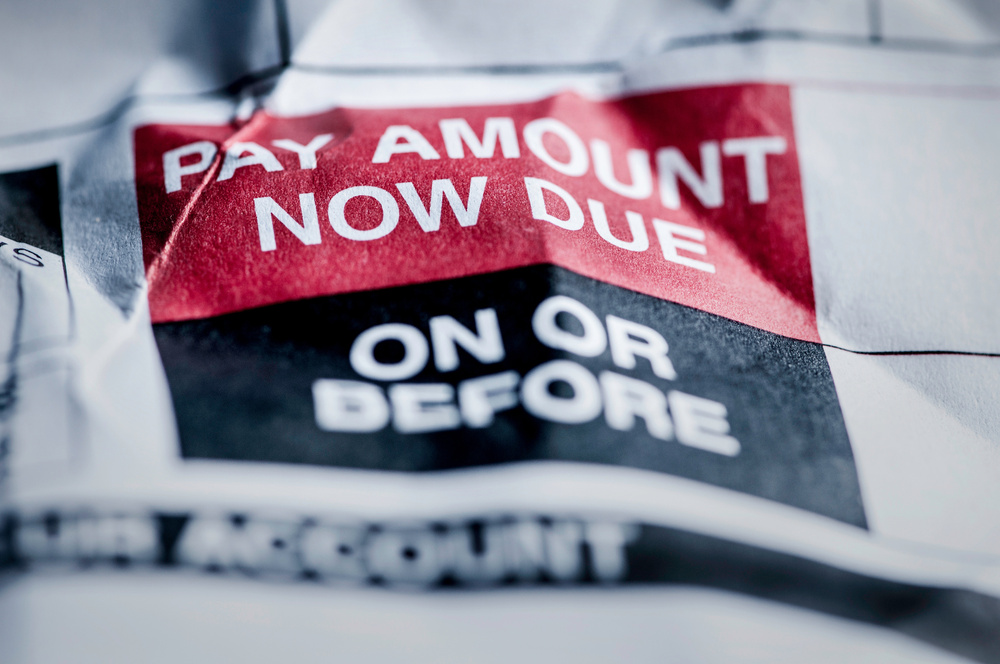Collecting unpaid judgments is part knowledge, part skill, part experience, and part luck. Some judgments are easier to collect on than others. Regardless, the key to success is knowing the law. That certainly is the case in California, where the rules governing judgments and collection can differ quite a bit from other states.
As experienced California judgment collectors, a big part of our responsibility to clients is knowing and utilizing the law on their behalf. Successful judgment collection requires us to know what the law allows and disallows. As such, statutory knowledge is non-negotiable. It is unwise to hire any debt collector who lacks it.
Legal Tools in California
California is like most other states in that its laws give judgment collectors a variety of tools to do what they do. First of all, there are your basics:
- Asset Disclosure – Creditors are allowed to request asset disclosure; debtors are expected to voluntarily comply.
- Wage Garnishment – A debtor’s wages can be garnished, up to a certain allowed point.
- Bank Garnishment – Bank accounts and similar assets can also be garnished.
- Asset Seizure – Certain assets can be seized and sold in order to pay an outstanding debt.
These four are just the starting point for judgment collectors in California. State law offers other tools as well. For example, creditors can apply for an Order of Examination compelling a debtor to testify of their assets in court. This tool is sometimes used when debtors continually delay payment.
Another tool is something known as the Intangible Levy. This is a levy against intangible assets, often utilized to secure payment from third parties who owe money to the debtor in question. The take-away here is that California law does not leave creditors helpless when debtors refuse to pay. There is legal recourse.
Utilizing the Right Tools
A big reason for knowing the law is being able to choose the right legal tools to successfully collect. Despite so many tools being available under state law, California judgment collectors fully understand that not every tool is appropriate to every case. We make the practice of selectively choosing tools based on how likely they are to be effective.
The right tools are as important to judgment collection as they are to anything else. If you were building a house, you wouldn’t attempt to cut a two-by-four with a hammer. You would use a saw. Likewise, you would not use that saw to hammer in a nail.
Debt collection is very similar. The various tools allowed by state law all have different purposes. They all achieve different goals. Our job is to determine which tools are best for each case. Then we use those tools to the advantage of our clients.
A Little Creativity Helps
Even with the best tools available, collecting unpaid judgments is not always cut and dried. Many times, we have to think outside the box. That is where creativity becomes an invaluable asset. A creative debt collector can glean information lost on others who lack creativity. And that is just the start. A creative debt collector can also turn the screws in just the right way to motivate payment.
Succeed or fail, the law is at the heart of every collection effort. Judgments are the result of legal action taken in court. Therefore, collection is also a legal matter. If a collection agency is not intimately familiar with California law, how can its collection team properly work on behalf of its clients? It cannot. That is why Judgment Collectors makes a point of knowing the law inside and out.

